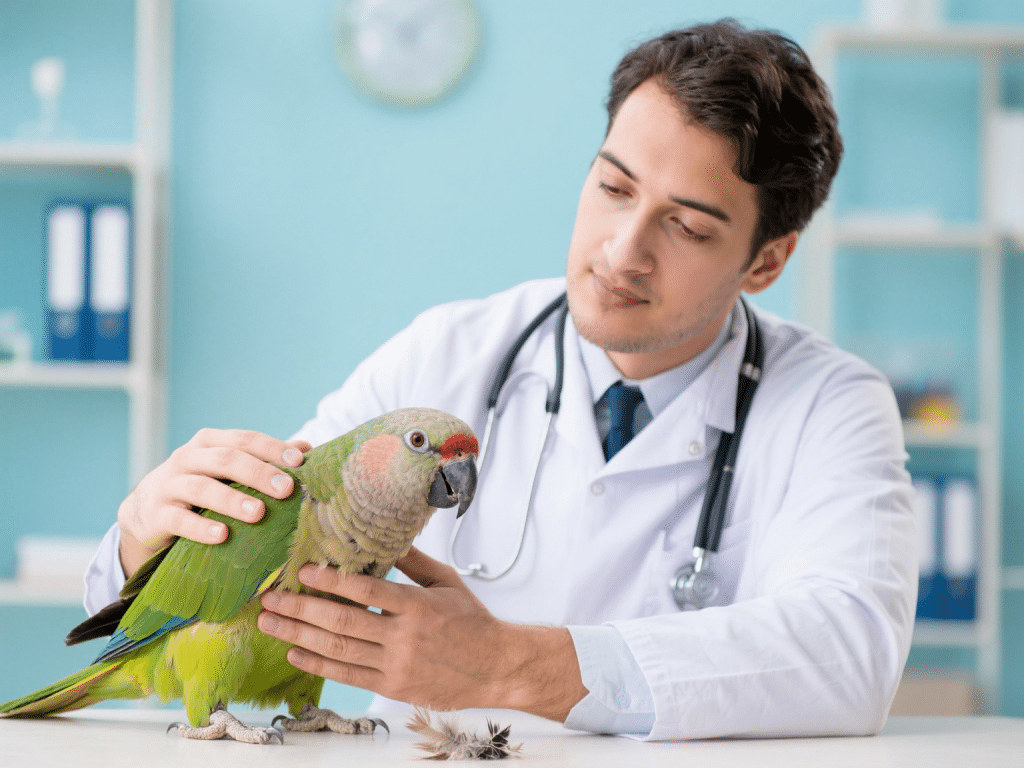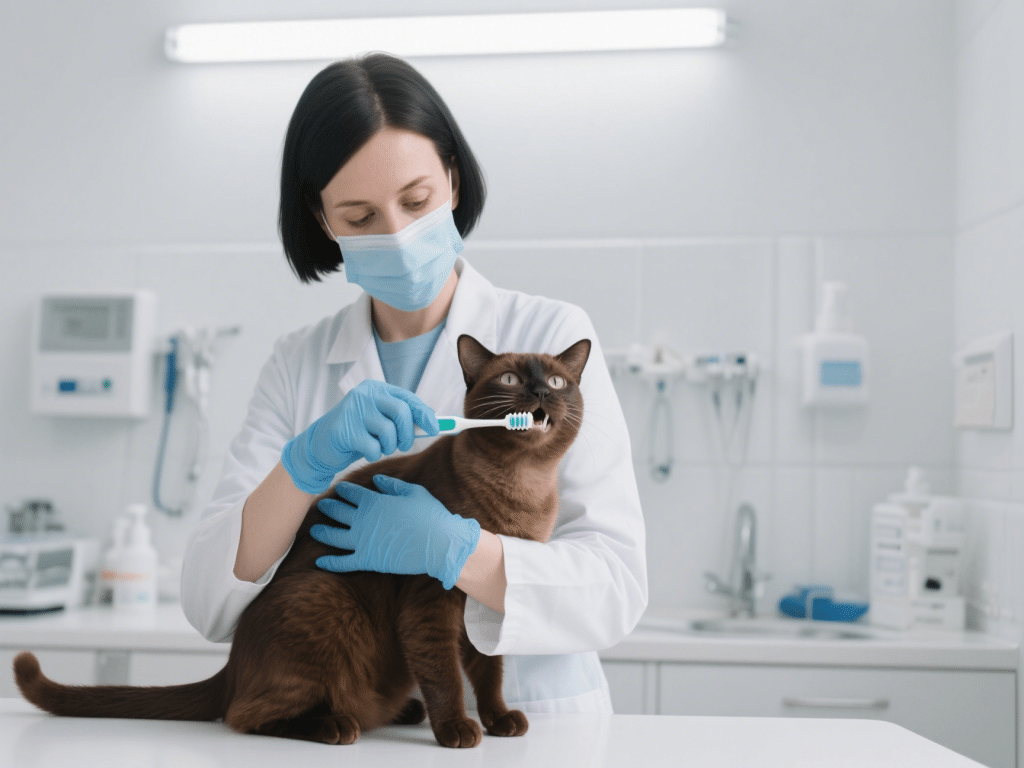Caring for Exotic Pets: What You Should Know Before You Adopt
Beyond the Novelty: Responsible Exotic Pet Ownership
Exotic pets – reptiles, amphibians, birds, and small mammals beyond cats and dogs – captivate many with their unique appeal. However, their specialized needs differ drastically from traditional pets. Over 60% of surrendered exotics stem from unprepared owners, reports the Association of Exotic Mammal Veterinarians. Before welcoming an unusual companion, confront these critical realities:
1. Lifespan & Long-Term Commitment
Parrots (Macaws, Cockatoos): 40-80 years – potentially outliving owners.
Tortoises: 50-100 years – requiring multi-generational planning.
Bearded Dragons/Leopard Geckos: 10-20 years – needing consistent habitat investment.
Hedgehogs/Sugar Gliders: 4-8 years – demanding specialized nocturnal care.
Commitment extends beyond feeding; it’s decades of environmental control, socialization, and veterinary access.
2. Specialized (and Costly) Habitat Requirements
“Cute” doesn’t equate to “easy.” Each species has non-negotiable environmental parameters:
Reptiles/Amphibians: Precise temperature gradients (basking spots/cool zones), UVB lighting crucial for calcium metabolism (e.g., 10.0 UVB tube for desert species), humidity control (hygrometers essential), and species-specific substrates. Initial setup often exceeds $500.
Birds: Large flight cages (minimum wingspan x2), toxin-free toys for mental stimulation, varied perches to prevent bumblefoot.
Small Mammals (e.g., Ferrets, Chinchillas): Multi-level enclosures, dust baths (chinchillas), secure latches, and extensive daily out-of-cage time.
3. The Scarcity & Cost of Veterinary Care
Finding an exotics-specialized veterinarian is paramount – and often challenging. Standard dog/cat vets lack necessary training. Expect:
Higher consult fees ($100-$250+ per visit).
Limited emergency services.
Complex diagnostics (e.g., radiographs for reptiles require specialized positioning).
Pre-adoption action: Locate your nearest certified exotics vet (check AEMV or ARAV directories) before adoption.
4. Complex Dietary Needs & Ethical Sourcing
Forget commercial kibble. Exotic diets are intricate and often expensive:
Insectivores (Bearded Dragons, Hedgehogs): Require live gut-loaded insects (crickets, roaches, mealworms) dusted with calcium/D3.
Herbivores (Tortoises, Iguanas): Need diverse, fresh leafy greens/vegetables daily (collards, dandelion, squash).
Carnivores (Snakes, Some Monitors): Require whole prey (frozen/thawed rodents/birds).
Ethically source animals: Avoid wild-caught specimens contributing to ecosystem decline. Seek USDA-licensed breeders or reputable rescues providing full health history. Verify legality (local/state/national laws vary drastically – e.g., ferrets banned in California, permit needed for large constrictors).
5. Behavioral Realities & Social Needs
Research species-specific behaviors:
Solitary Creatures (Leopard Geckos, Many Snakes): Stress easily with handling/cohabitation.
Highly Social Species (Sugar Gliders, Parrots): Suffer severe depression if kept alone; require same-species companionship (not human substitutes).
Nocturnal Animals (Hedgehogs, Hamsters): Disrupted sleep cycles cause illness if disturbed during daytime.
Natural Behaviors: Expect scent marking (ferrets), burrowing, vocalizations, or flight instincts.
The Ethical Choice
Adopting an exotic pet is a profound responsibility, not an impulse decision. Thorough research into the species’ lifelong biological, environmental, and social needs is non-negotiable. Connect with species-specific societies, consult specialized vets, and honestly assess your resources. Choosing not to adopt if unprepared is the most compassionate choice for these remarkable creatures. Responsible ownership ensures their welfare and preserves wild populations.









Comments on "Caring for Exotic Pets: What You Should Know Before You Adopt" :